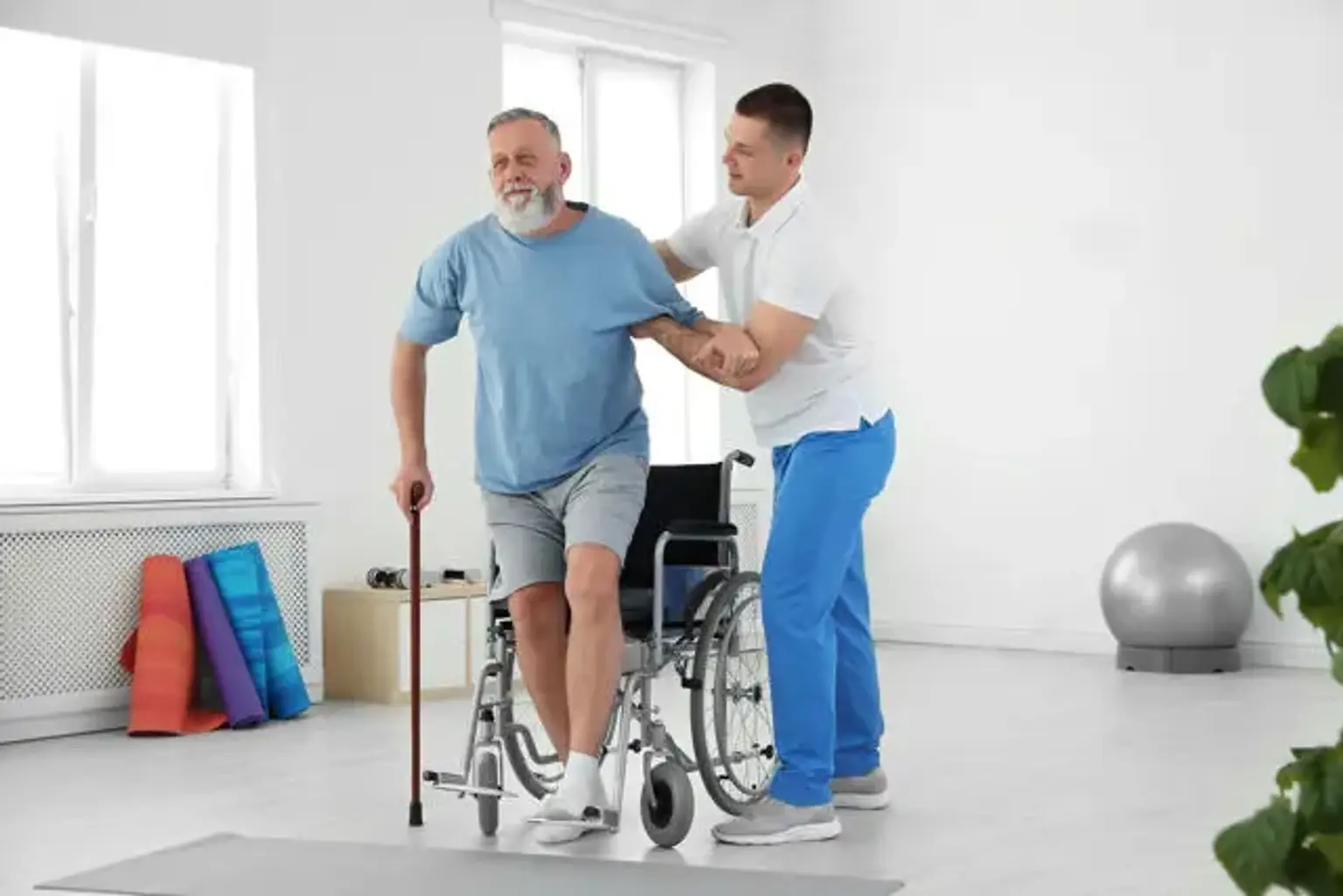After suffering from a certain illness or a severe injury, resuming normal life may be challenging. This is because such health conditions mostly affect a person’s life by negatively interfering with the standard body functionality.
However, rehabilitation can help you with such challenges. Initially, it was developed with the aim of helping patients who have suffered chronic medical issues that impaired certain body parts. This has generally made it easier for these patients to return to their usual life and even engage in different activities.
Definition of Rehabilitation
A surgical procedure or using prescribed medications is not often the final treatment procedure for most patients. Some usually require further rehabilitation treatment to recover well from the injury or disease and resume their normal lives.
